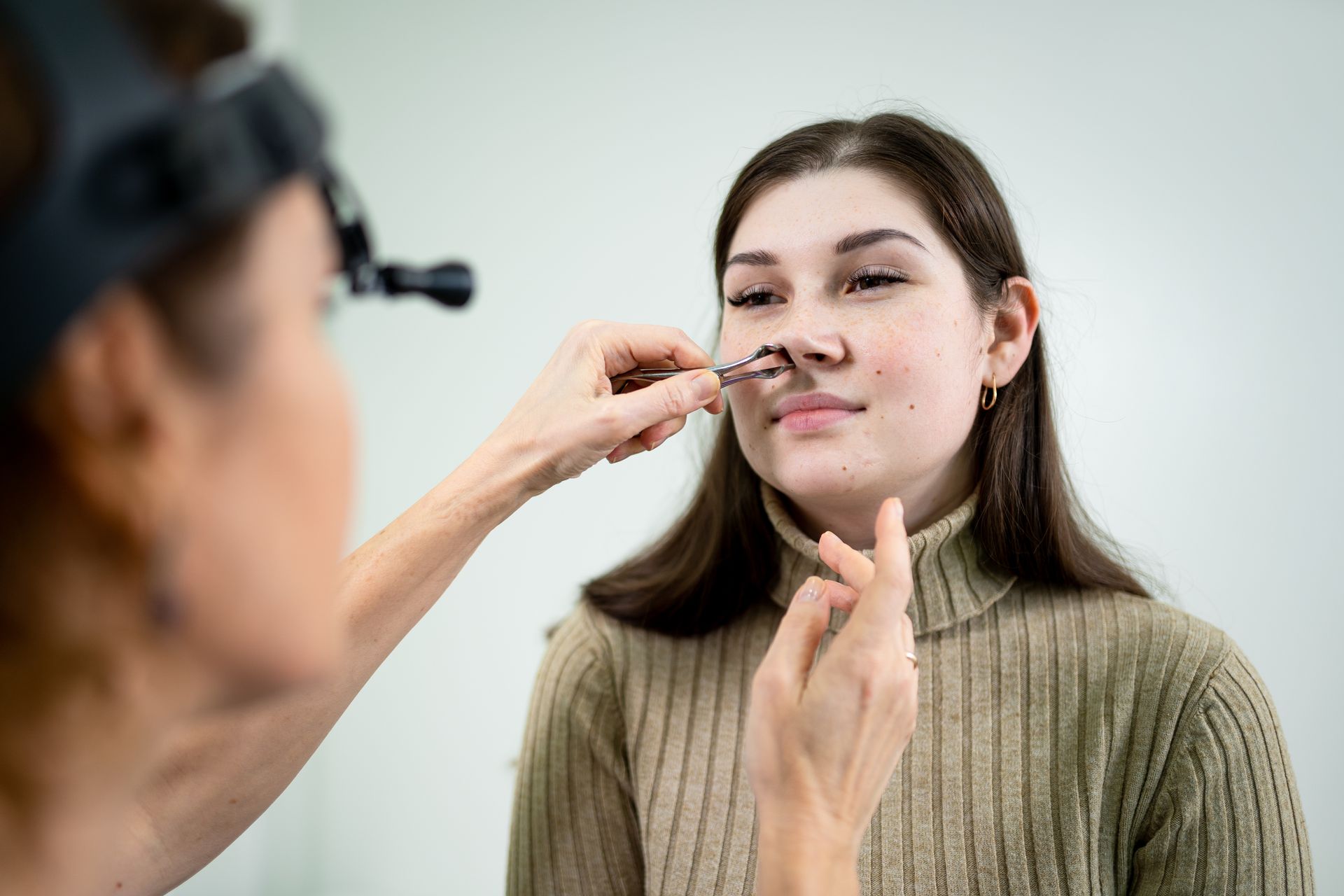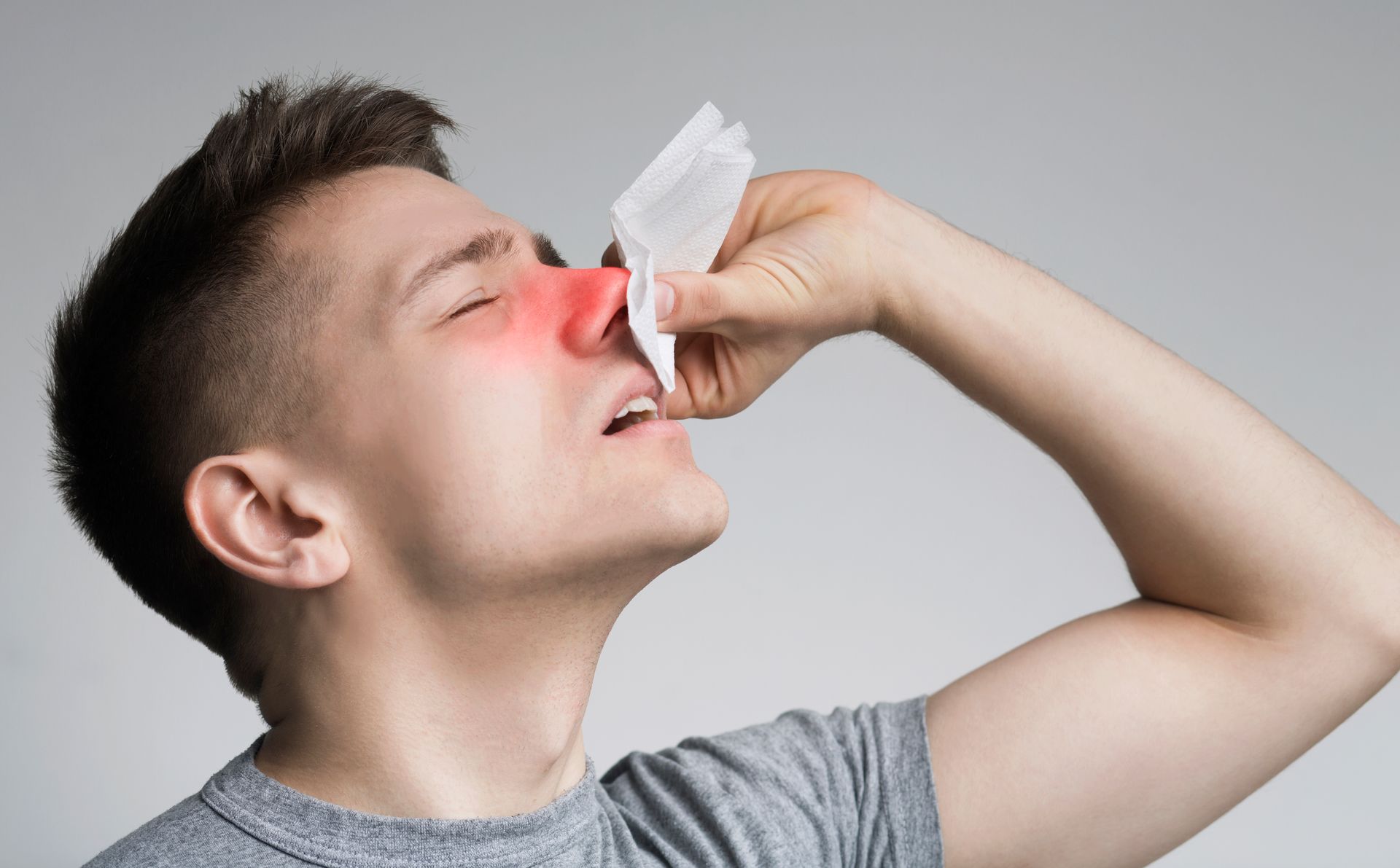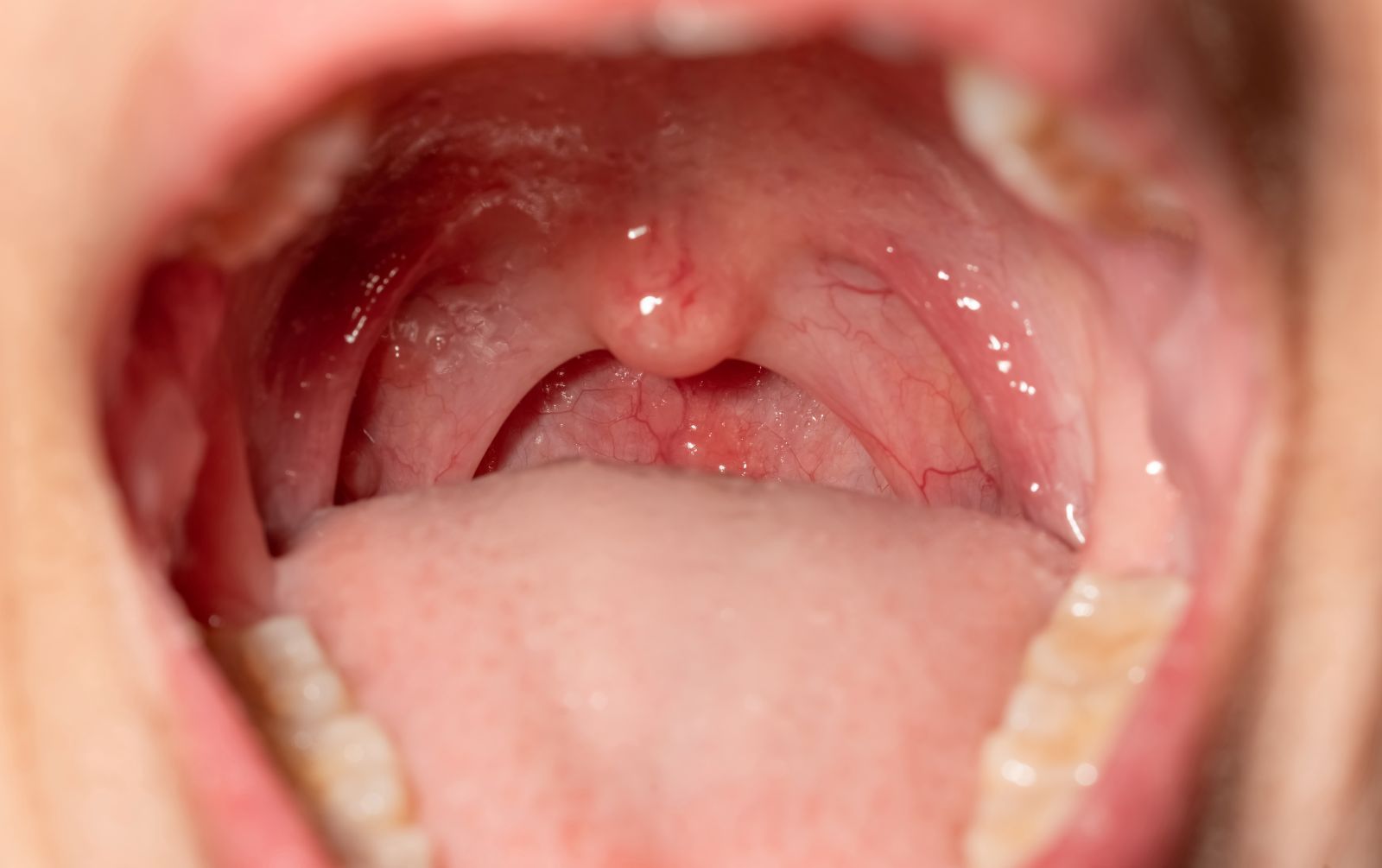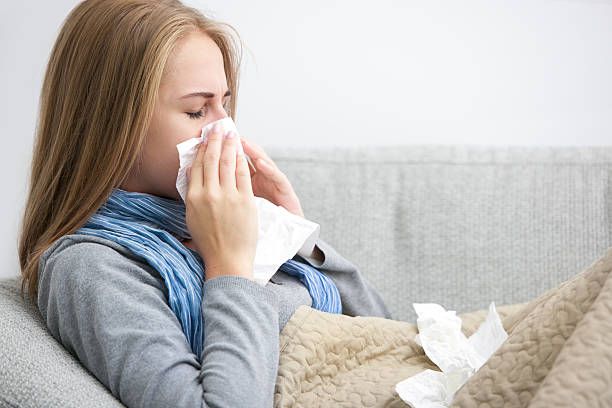Which Is the Best Way to Deal with Allergies?

Is there anything more frustrating than the constant sniffle, stuffy head, and endless sneezing that comes with allergies? If you're reaching for the tissue box yet again, you're not alone. Millions of people search for effective ways to deal with allergies every year.
The "best" way to manage your allergies isn't a one-size-fits-all solution. It’s about finding the right combination of strategies that work for your specific triggers and symptoms. For many, the battle begins and ends with one primary complaint: nasal congestion.
This guide breaks down the most effective ways to find lasting nasal congestion relief and finally breathe easily.
What Is Nasal Congestion and Why Does It Happen?
Nasal congestion, also known as a stuffy nose, occurs when the tissues lining your nasal passages become swollen due to inflammation. This inflammation is often a result of allergens—substances that trigger an allergic reaction in your body. When you inhale these allergens, your immune system releases chemicals like histamine to protect you, causing symptoms such as:
- Swelling of the nasal passages
- Runny nose
- Sneezing
- Difficulty breathing through the nose
This congestion can lead to secondary issues, like sinus infections, headaches, and poor sleep.
The Best Ways to Deal with Nasal Congestion
1. Allergy Medications: A First Line of Defense
When you’re dealing with nasal congestion caused by allergies, the first step is often over-the-counter allergy medications. These can help reduce inflammation in your nasal passages and alleviate symptoms. Some common options include:
- Antihistamines: These block the effects of histamine, a chemical your body releases during an allergic reaction. They can reduce sneezing, itching, and runny nose.
- Decongestants: These medications reduce nasal swelling, making it easier to breathe through your nose. They’re available in both oral and nasal spray forms, though nasal sprays should only be used for short periods (3-5 days) to avoid rebound congestion.
- Nasal Steroid Sprays: These sprays help reduce inflammation in your nasal passages over time. They’re often used daily and can be highly effective for long-term relief.
Always consult with a doctor or pharmacist before using any medications, especially if you have other health conditions.
2. Allergen Avoidance: Minimize Exposure to Triggers
One of the most effective ways to reduce nasal congestion from allergies is to avoid allergens as much as possible. While this might not always be 100% possible, there are steps you can take to minimize your exposure:
- Stay indoors during high pollen seasons: Check the pollen count daily and try to stay inside when levels are high.
- Use air purifiers: Invest in a high-quality HEPA air purifier to filter out allergens in your home, especially in your bedroom and living areas.
- Wash your bedding and clothes regularly: Pollen, pet dander, and dust can settle on fabrics, so washing them regularly can help reduce allergens.
- Clean your home thoroughly: Regular dusting and vacuuming with a HEPA vacuum cleaner can reduce dust mites and other allergens.
3. Saline Irrigation: A Natural Nasal Congestion Relief
Saline irrigation, or nasal rinsing, is a simple, natural way to clear your nasal passages and reduce congestion. Using a saline solution (saltwater), you can flush out allergens, mucus, and other irritants from your nose.
- Neti Pots: A neti pot is a small device used to pour saline solution into one nostril and let it flow out the other. It’s a great way to wash out allergens and relieve nasal congestion.
- Saline Sprays or Irrigation Bottles: These are more user-friendly alternatives to neti pots, designed to gently flush out your sinuses with saline solution.
Saline irrigation is a safe and effective way to get nasal congestion relief, but you should make sure to use sterile or distilled water to avoid any infections.
4. Humidifiers: Add Moisture to Dry Air
Dry air can worsen nasal congestion and irritation, especially in colder months. Using a humidifier can help maintain optimal moisture levels in your home, making it easier to breathe through your nose. It also helps soothe irritated nasal passages and prevents mucus from drying out, which can contribute to congestion.
- Use a cool-mist humidifier in your bedroom at night to promote better sleep and nasal congestion relief.
- Clean your humidifier regularly to prevent mold and bacteria growth.
5. Hydration: Drink Plenty of Fluids
When your nasal passages are congested, staying hydrated is more important than ever. Drinking plenty of water helps thin the mucus in your sinuses, making it easier to clear your nose and breathe. Hot drinks like herbal teas or broths can also provide soothing relief for your nasal passages.
When Should You See a Nasal Specialist?
If your symptoms persist despite these remedies, it may be time to consult with a nasal specialist, such as an ENT (Ear, Nose, and Throat) doctor or an allergist. Here are some signs that it’s time to seek professional help:
- Chronic congestion: If you’ve had ongoing nasal congestion for more than 12 weeks, it could indicate chronic sinusitis or other underlying conditions that require medical attention.
- Frequent sinus infections: If you’re dealing with recurring sinus infections, a nasal specialist can evaluate your sinuses and recommend treatments or surgery.
- Ineffective over-the-counter remedies: If medications and lifestyle changes don’t seem to work, a nasal specialist can prescribe stronger treatments or offer advanced options like immunotherapy (allergy shots).
A nasal specialist will perform an in-depth examination, potentially including nasal endoscopy or imaging tests, to identify the root cause of your nasal congestion. They may recommend treatments such as:
- Allergy testing to pinpoint your triggers.
- Prescription medications or stronger nasal sprays.
- Surgical procedures (like endoscopic sinus surgery) to correct structural issues or clear blockages in your sinuses.
Finding Relief for Your Allergies in Greater Louisville and Southern Indiana
Dealing with nasal congestion from allergies can be frustrating, but with the right approach, it’s possible to find relief. Start with basic remedies like allergy medications, saline rinses, and avoiding allergens. If symptoms persist, don’t hesitate to consult a nasal specialist who can help you determine the best course of action.
Remember, effective nasal congestion relief isn’t one-size-fits-all. It may take a bit of trial and error, but with persistence and professional guidance, you can breathe easier and enjoy life with fewer allergy symptoms.













